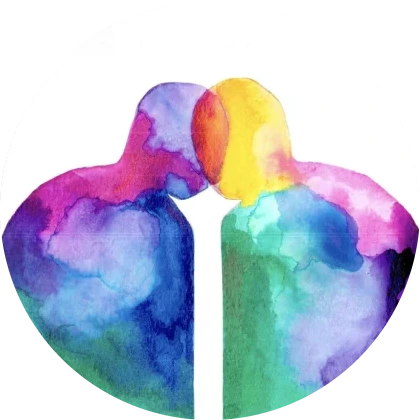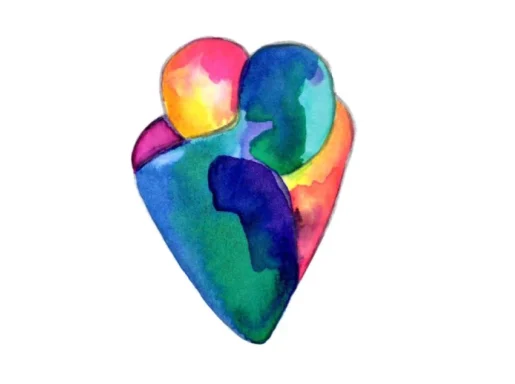“If you’re a sensitive creature, and almost every woman is, then your heart is open to all things. Every cry we recognise. Every tear we relate to. Every sigh contains our own.”
Marianne Williamson (A Woman’s Worth p. 31)
Life is full of transitions that we navigate on a daily basis. Whether it’s a move to a new home or job, becoming a parent or moving through higher education. How we experience change is subjective but I imagine none of us are free from the stressors attached to these moving parts.
For women, menopause is a profound period of change. For some women this maybe a time when undiagnosed ADHD or Attention-Deficit/Hyperactivity Disorder may surface. In the past stereotyped as a childhood male condition. This outdated perception has left many women undiagnosed, navigating life with undetected ADHD. For decades, they may have been dismissed as disorganised, overly sensitive, or simply "trying too hard" to cope. As adults they may have experienced self-doubt and a lack of confidence in their ability to navigate aspects of life that others may find easier. Being misunderstood is a common theme amongst women with ADHD diagnosed later in life.
Most individuals with ADHD will develop sophisticated coping mechanisms to manage their symptoms. What is noticeable for women in later life is that they may excel in careers, maintain households, and juggle multiple roles—all while silently struggling. Sometimes referred as “highly functioning”. These strategies can mask ADHD symptoms for years, but during menopause, hormonal shifts can dismantle these coping mechanisms, bringing the challenges of ADHD to the forefront. Clarity is replaced with confusion, organisation becomes clutter and self-regulation feels out of control. For some an amplified sensitivity can fill their world with fear. Women with ADHD going through menopause often describe it as a dark cloud that looms over their lives “ I can’t see anything, I feel lost”.
Oestrogen plays a critical role in the brain function, regulating dopamine —a neurotransmitter closely linked to ADHD. During menopause, oestrogen levels decline, which can exacerbate ADHD symptoms such as:
• Forgetfulness and disorganisation
• Difficulty focusing or maintaining attention
• Emotional overwhelm and irritability
• Increased impulsivity (Addiction -in search of the dopamine)
• Heightened sensitivity to stress/anxiety/fear
• Decreased social interactions
• Shame (particularly for those with a trauma history)
For many women, this hormonal shift amplifies struggles they’ve dealt with their entire lives, making ADHD symptoms impossible to ignore. What may have seemed possible pre menopause can seem overwhelming in a short space of time. Those also living with trauma may experience higher levels anxiety as they try to find their way through these often unknown stages of transition.
A diagnosis during or after menopause can evoke a mix of emotions. Relief is common, as many women finally have an explanation for years of feeling "different." At the same time, there may be grief over opportunities missed or frustration at not being diagnosed earlier. Within the cycle of grief, denial and anger can create a conflict within many individuals. For some women the very thought of being neurodiverse may evoke feelings that push away ADHD.
Some may choose to self-diagnose and find strategies to manage their ADHD without medication. Changing their lives through self-awareness. Managing what they eat, utalising supportive structures and tools and practicing self-compassion.
Talking about ADHD and menopause helps break the stigma surrounding both. When women share their stories, it encourages others to seek support and explore the possibility of ADHD as a factor in their own struggles. It also highlights the need for greater awareness about how ADHD presents in women, particularly during life transitions like menopause.
Being diagnosed with ADHD during menopause is not the end of the story—it’s the beginning of understanding yourself on a deeper level. With the right support and strategies, you can navigate this stage of life with greater clarity, confidence, and control. If this resonates with you or someone you know, take the first step by seeking help. Understanding and support are out there, and they can make all the difference.
Do you know someone who might find this helpful? Share this post to start the conversation—because no one should feel alone in their journey.

